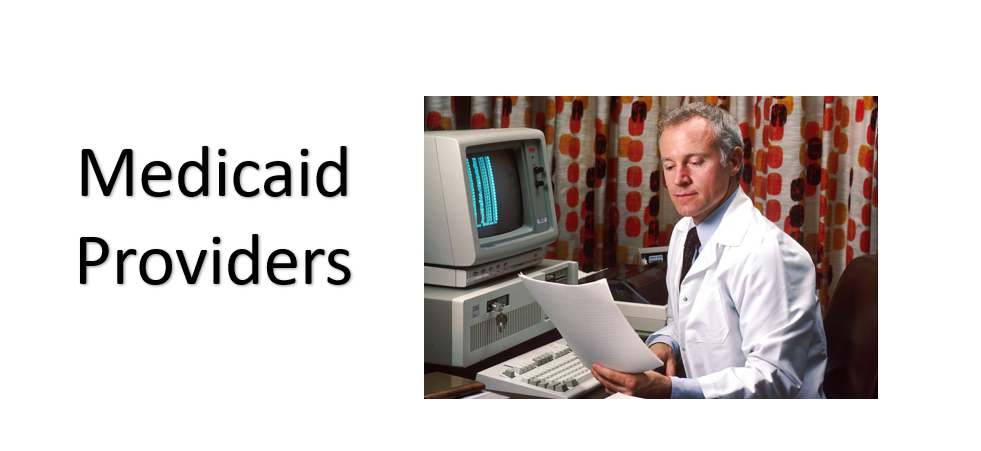
The article below has been highlighted and summarized by our research team. It is provided here for member convenience as part of our Curator service.
Curator summary
PA nursing homes argue that the provider taxes they pay (“assessments”) allowed the state to draw down $153M extra federal funds as part of COVID relief- but the nursing homes did not get any of the extra funds.
Clipped from: https://skillednursingnews.com/2020/12/nursing-home-providers-sue-for-access-to-153m-in-covid-19-medicaid-rate-boosts/
Three senior living and care organizations in Pennsylvania filed suit against the state over $153 million in additional Medicaid funds allocated in response to the COVID-19 pandemic, charging the Keystone State with treating the money “as its own piggybank and disregarding the substantial need of the Commonwealth’s most vulnerable citizens.”
The petition, filed on December 7 in the Commonwealth Court of Pennsylvania, argues that the state is failing to comply with a statutory obligation to distribute Medicaid funds received from the federal government to nursing facilities.
According to the provider associations — the Pennsylvania Health Care Association (PHCA), LeadingAge PA, and the Pennsylvania Coalition of Affiliated Healthcare & Living Communities (PACAH) — the assessments paid by their nursing facility members contributed to an increase in the Medicaid funds that Pennsylvania received.
Advertisement
Medicaid is funded by both states and the federal government, with the federal government’s matching share varying by state depending on per capita income. In Pennsylvania, the state makes use of provider assessments, or taxes, that bolster the state share of Medicaid and in turn increase the amount of federal Medicaid dollars that the state can draw down.
In March, the Families First Coronavirus Response Act increased the federal government’s share of Medicaid expenses, or the Federal Medical Assistance Percentage (FMAP), by 6.2 percentage points.
The Pennsylvania providers argue that under Pennsylvania’s Assessment Law, the state Department of Human Services is required to establish “a restricted account in the General Fund for the receipt and deposit of moneys from the assessment [and] any Federal financial participation received by the Commonwealth as a direct result of the assessment.”
The funds that go into this restricted account should be put in some way toward assistance for nursing facility providers, the lawsuit argues. And because of the FMAP increase passed in March, the provider assessments contributed to more federal dollars being drawn down for Medicaid, the groups claimed in the petition.
Specifically, the increased FMAP from provider assessments will lead to “an additional $153 million in funds for Medicaid payments to nursing facilities for 2020 alone,” according to the petition.
The suit argues that the Assessment Law requires the Department of Human Services to distribute all funds from the federal government “as a result of the assessments to the nursing facilities,” but it has not agreed to use the Enhanced FMAP funds for supplemental payments to nursing facilities.
“Instead of using the Enhanced FMAP funds to provide additional payments to the notoriously underfunded nursing facilities caring for Medicaid recipients, the Department is playing a shell game — it is using the Enhanced FMAP funds in lieu of other payments that were already appropriated to the nursing facilities and using those funds to fill budget holes for other programs,” the petition reads.
PHCA president and CEO Zach Shamberg described the lawsuit as “our last resort,” telling Skilled Nursing News on Tuesday that providers have been negotiating with the Department of Human Services since spring on the destination of the enhanced FMAP funds.
“We’re on month eight of those negotiations, and still no dollars have been sent to long-term care providers,” he said. “So this was really our last resort, our last recourse, getting these dollars to where they needed to go.”
The Department of Human Services did not agree.
“This lawsuit seeks only more money for nursing facilities throughout the commonwealth that have already received more than $800 million in taxpayer stimulus,” it said in a statement sent to SNN. “The assertions made in the materials the associations distributed to the media are simply false. The money at issue is being used to support residents of our nursing facilities.”









